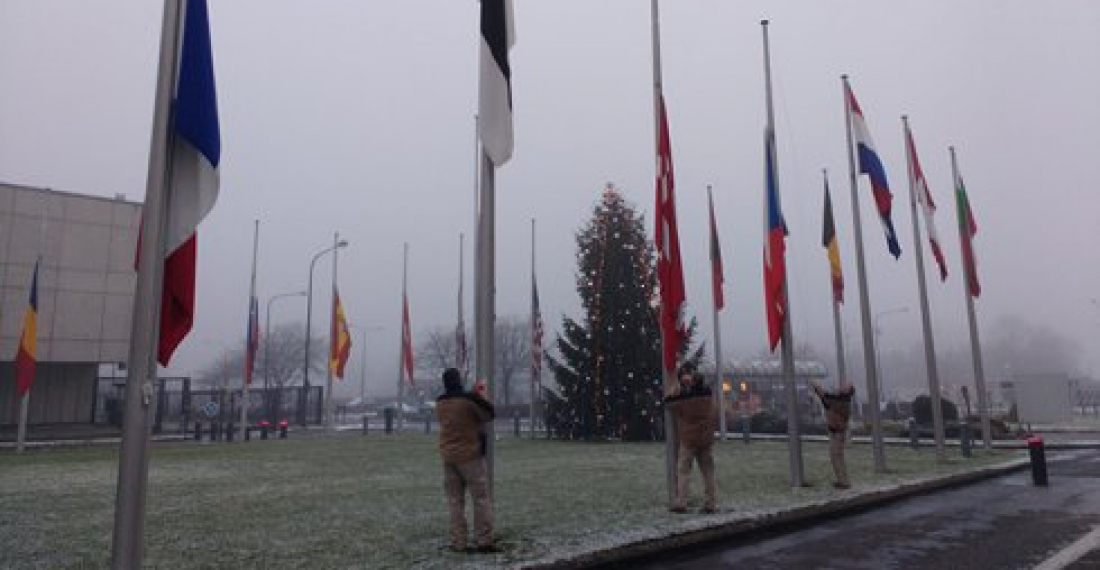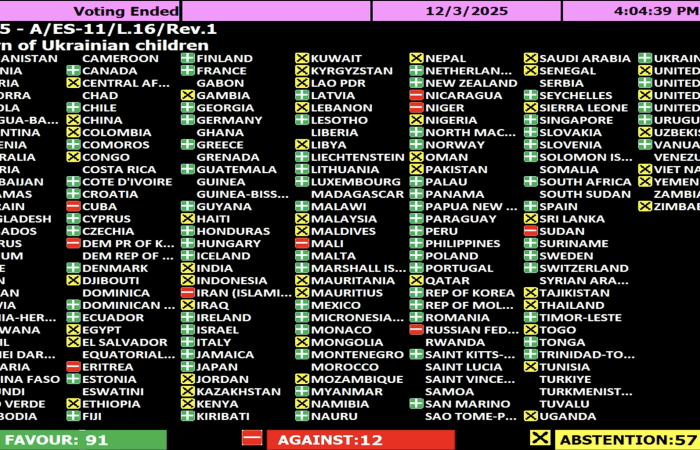This is a commentary prepared by the political editor of commonspace.eu
The heinous attack by an Islamist gunman on the Reina club in Istanbul, just as the new year 2017 was being welcomed in the premises by young people from many countries, deserves the condemnation of all the civilised world. Those killed were a small microcosm of Istanbul - a cosmopolitan city which has for centuries welcomed people of all nations and religions, and which continues to be an example of tolerance.
The new year's attack was the latest in a series of violent acts that have rocked Turkey over the last year. Most were claimed by supporters of ISIL - an infamous group which calls itself "Islamic State", but which is neither a state, nor Islamic, but simply an alliance of fanatics determined to take the Middle East, and with it the wider world, back one thousand years in history.
Turkey is at the front line in the struggle against this infamy, and it is paying a heavy price. Not only are its citizens being killed, but also its economy threatened as tourists stay away and investors become increasingly nervous.
Turkey is a great country, and its people industrious and creative, and it will recover. But in the meantime the world needs to show solidarity, support and friendship. The lowering of the flags of NATO countries to half mast at NATO headquarters in Brussels (photo) symbollically expressed the shared pain.
A huge responsibility lies on the shoulders of Turkey's current leaders. In July they survived an attempted coup against them, which they and their supporters, but not only their supporters but most Turks, courageously resisted. That resistance should have been the signal for a new spirit of national unity which Turkey desperately needs. It has not turned out that way. The wave of purges that has gripped Turkey since the July coup has unsettled many Turks, and many of Turkey's friends. It has left big gaps in the ranks of Turkey's armed forces and the forces of law and order, that are not easily filled. Whilst some clearing of bad apples was obviously necessary, the extent of the purges may have implicated people who are only to blame by association, rather than because they themselves did anything that was intrinsically wrong, and may have weakened those institutions that are most needed now in the fight against terrorism.
The Turkish government must also show it is ready to move the Kurdish issue from the violence in which it is mired onto the table of peaceful dialogue. The responsibility for this is with all those concerned. Violence is not a solution on this issue either.
It is time for all citizens of Turkey to find common ground and unite against a common enemy. Turkey's struggle against ISIl and against terrorism is the struggle of all civilised people. Western governments and western media need to show more understanding, and more sensitivity to Turkish positions. But the Turkish government should also remain firmly committed to democratic practises, since not to do so will only serve the interests of terrorists, and those who support them.
This commentary was prepared by the political editor of commonspace.eu
Photo: Flags of NATO member states at half-mast at NATO headquarters in Brussels on 2 January 2017 -a sign of respect for thos killed in the terrorist attack against the Reina Club in Istanbul on new year's day (picture courtesy of the press service of NATO)






